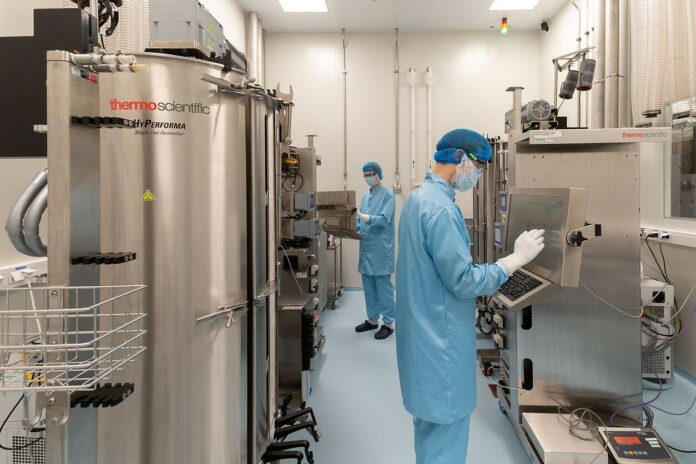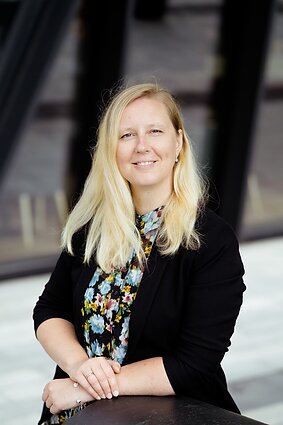
Lithuania’s life sciences industry is among the fastest growing in Europe. Biotechnology already contributes 2.5 percent to the country’s GDP and may well double by the end of the decade, says Agnė Vaitkevičienė, executive director of the Lithuanian Biotechnology Association.
On October 26-27 Vilnius is hosting the European Forum for Industrial Biotechnology & the Bioeconomy 2022 (EFIB’22). The forum will bring together business leaders, entrepreneurs, scientists, and investors as one of Europe’s most meaningful events for biotechnology.
Vaitkevičienė says the forum is an important acknowledgement of Lithuania’s achievements in the life sciences sector.
One of the most prominent players in the industry today is Thermo Fisher Scientific Baltics, which has stimulated the development of Lithuania’s biotechnology industry during the last decade. The current goal of life science and biotechnology stakeholders, including government, industry, and academia, is to identify best practices, fill in existing gaps, and accelerate the sector’s growth to contribute 5 percent to the national GDP by 2030. Given the sector’s average annual growth of 22 percent, such a goal is certainly realistic.

In an interview with LRT.lt, Vaitkevičienė explains that for Lithuania, a specific challenge would be the lack of a strong acceleration framework, enabling faster growth. With the growth of startups and investments in biomanufacturing, Lithuania could become the leader in the life sciences sector in Central Eastern Europe. It has strong agricultural, pharmaceutical, and food sectors that are receiving increasingly more benefits from biotechnological solutions.
Opportunities delivered by the pandemic led to a 1.5X increase in the revenue of the sector. Its growth during the pandemic was 80 percent, mainly due to active participation in the Covid-19 vaccine production by Lithuanian companies. Another driver is the goal for the life sciences sector to reach a 5-percent contribution to the country’s GDP by 2030. To ensure such growth, the Lithuanian Biotechnology Association works closely with governmental organizations through joint events, discussions on regulatory changes, and collaboration on strategic decisions.
Lithuania is home to six universities offering life sciences and biotechnology-related majors. According to the latest data, there were 1,309 students enrolled in these study programmes in 2021, with over 400 graduating each year. In 2008, these universities were also the leading founders of five interdisciplinary scientific and applied research centres.
The rapid growth of Lithuania’s life sciences and biotechnology sectors as well as the strong partnership between the local industry and public sector were some of the main deciding factors for selecting Vilnius for EFIB’22.
The current state of Lithuania’s life sciences sector is robust: the sector currently has 571 companies that employ 7,500 people. Notably, the Lithuanian biotechnology industry’s revenue increased from 230 million euros in 2010 to 2 billion in 2020. Lithuania is widely known for contributing to the development of genetic engineering: studies of CRISPR by Prof. Virginijus Šikšnys and his team are considered Europe’s most advanced technology of the past 25 years. As a result, Lithuania has started appearing on the maps of life sciences and biotechnology hotspots in Europe.
EFIB’22 will be aimed at high-level life sciences executives, biotechnology enterprises, and EU policymakers. Upon the event’s conclusion each year, the European Commission receives an official statement of the sector’s position on areas that need more focus, recommendations for EU activities to fund and promote, and general ideas for policy improvements.





























